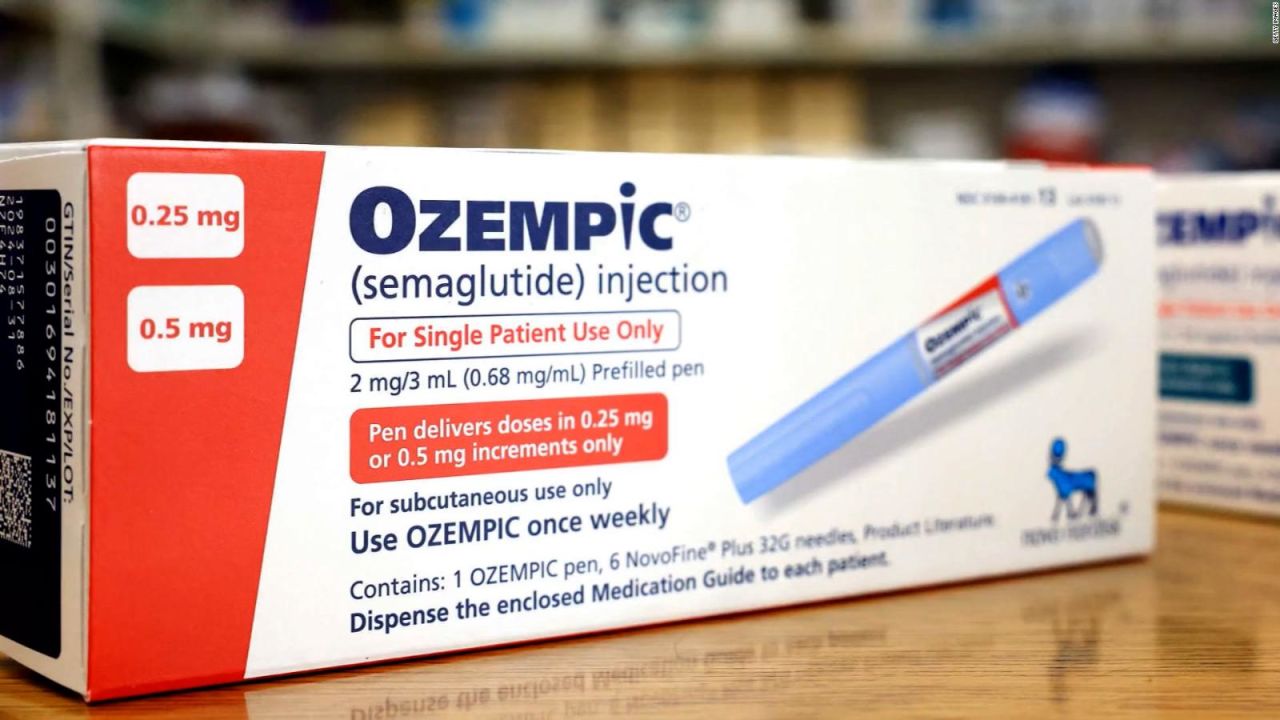The Impact of Semaglutide on Eye Health: Balancing Benefits and Risks
The diabetes drug semaglutide has been making headline news ever since the medication received FDA approval for blood sugar control and obesity treatment. Semaglutide medications include Ozempic, Wegovy, and Rybelsus.
 What Is Semaglutide and How Does It Affect the Eyes?
What Is Semaglutide and How Does It Affect the Eyes?
Semaglutide helps people lose weight and control their blood sugar by releasing the hormone GLP-1, which makes us feel full while eating. This hormone also prompts the body to create more insulin, reducing blood sugar. However, changes in blood sugar levels can affect the shape of the eye’s lens, causing blurred vision, a common side effect of semaglutide.
Reports had shown that the older patients are more likely to experience blurred vision when beginning the medication due to the decreased flexibility of the eye’s lens with age. The good news is that this is a temporary side effect, usually subsiding after three or four months.
Can Semaglutides Cause Blindness?
A new study suggests a potential connection between semaglutide use and an increased risk of non-arteritic anterior ischemic optic neuropathy (NAION), a blinding eye disease. However, caution that there isn’t enough data to suggest patients should be concerned or stop taking their medications. People with diabetes are already at risk for NAION, whether they use semaglutide or not.
It is premature to conclude that the association is causal. More research is necessary to test the hypothesis. Until then, patients should be aware of this information and make a careful, informed choice in consultation with their care team.
Patients taking semaglutide without experiencing symptoms should continue as instructed and discuss any questions with their primary care physician. Those interested in starting semaglutide for blood sugar control or weight loss should consult their physician to determine if the medication is right for them.
Will Ozempic and Other Semaglutides Worsen Diabetic Retinopathy?
People with diabetes can experience high blood sugar levels, causing blood vessels in the eye to leak, leading to diabetic eye disease. This is a leading cause of vision loss. While it may seem counterintuitive, a drug made to control diabetes can worsen diabetic retinopathy.
A large clinical study suggested an association between blood sugar control and the worsening of diabetic retinopathy. For most people, this won’t be a problem, and symptoms are manageable. Inform your ophthalmologist about any medications you are using and get your eyes checked regularly. Your ophthalmologist will track vision changes and recommend treatments if necessary.
Should I Use Ozempic for Weight Loss?
A primary care physician can help patients decide if Ozempic or other dieting medications are right for them. While semaglutide can help avoid overeating, ophthalmologists emphasize that it is not a substitute for maintaining overall health.
You still need to live a healthy lifestyle—eat well, exercise, and attend medical appointments as advised. For patients struggling with their diet and blood sugar control, this drug can significantly influence their desire to eat and improve their life.
Researchers are working to learn more about the long-term effects of semaglutide on diabetic retinopathy in people with type 2 diabetes. A study known as FOCUS will evaluate the effects of semaglutide in addition to diabetes medication on diabetic retinopathy. The study is expected to conclude in February 2027.
Understanding the potential risks and benefits of semaglutide is essential for patients and healthcare providers to make informed decisions about its use. With ongoing research and careful monitoring, semaglutide can be a valuable tool in managing diabetes and promoting overall health.






 What Is Semaglutide and How Does It Affect the Eyes?
What Is Semaglutide and How Does It Affect the Eyes?
